Last month, the Internet Archive’s Wayback Machine captured its trillionth webpage, marking a significant moment for the nonprofit dedicated to preserving the world’s online heritage. To commemorate three decades of its work, the city of San Francisco declared October 22 as “Internet Archive Day.”
The organisation, which serves over 800,000 users daily and partners with more than 1,200 libraries, was also recognised as a federal depository library by Senator Alex Padilla (D-Calif.), who called it a “perfect fit” for improving public access to federal publications in an increasingly digital era.
Despite these achievements, the Internet Archive (IA) has only recently emerged from years of severe copyright disputes that nearly bankrupted it and led to the removal of more than 500,000 books from its “Open Library”. Founder Brewster Kahle admitted, “We survived, but it wiped out the Library.” An IA spokesperson confirmed that the organisation currently faces no active lawsuits or threats to its collections. While Kahle believes the world “became stupider” after the Open Library’s losses, he is now focused on rebuilding with new initiatives.
Kahle founded the Internet Archive in 1996 with the ambition of creating a digital Library of Alexandria—“with a better fire protection plan,” as copyright lawyer and librarian Kyle Courtney put it. The Wayback Machine, launched in 2001 to preserve web snapshots, became a crucial resource for researchers and journalists. Legal scholar Lawrence Lessig had foreseen the copyright battles that would follow but argued that the project clarified the stakes of preserving the digital public domain.
Kahle maintains that IA’s disputes were not against creators or publishers, but rather large media corporations seeking tighter control than copyright law allows. He cited the trend of expiring e-book licences as an example of how libraries are being prevented from owning their collections.
Impact Shorts
More ShortsThe Archive began archiving and lending e-books, initially loaning titles to one reader at a time without controversy. However, during the COVID-19 pandemic, IA launched the “National Emergency Library”, lifting lending limits to provide access to 1.4 million titles as physical libraries shut down. This triggered lawsuits from publishers who accused IA of bypassing licensing fees. In 2024, IA lost its final appeal, facing potential damages of over $400 million before reaching a confidential financial settlement that kept it afloat.
The organisation also settled another major case over its Great 78 Project after music publishers sought up to $700 million in damages. Both settlements remained confidential, but IA’s experts argued that the publishers’ financial claims were heavily inflated.
For many long-time supporters—including researchers, historians, lawyers, students, and even the US government—the end of these lawsuits brought relief, though IA’s operations have changed permanently.
Legal setbacks reshape the Archive’s mission
The lawsuits marked a serious blow to IA’s vision. Publishers contended that the Open Library’s lending harmed the e-book market, while IA argued it was enabling better research by allowing Wikipedia to link to digital book scans. Kahle explained that libraries exist not just to lend books but to enable comparison, verification, and citation—key elements of scholarship.
Public Knowledge’s senior policy counsel, Meredith Rose, noted that linking Wikipedia to book content could have revealed valuable information otherwise locked within texts. Kahle, however, believes large media corporations succeeded in controlling access to knowledge, preventing Wikipedia users from reaching full-text sources.
At the centre of the dispute lay the restrictive e-book licensing market. Libraries have long argued that such licences are costly, temporary, and limit access. Some US states are now drafting laws to safeguard traditional library rights. Courtney, from the eBook Study Group, cautioned that libraries must not turn into streaming-style services where access expires after a set date.
He and Kahle share concerns that such restrictions threaten libraries’ cultural role, especially for those relying on remote access—such as rural readers, the elderly, and deployed military personnel.
According to Brandon Butler, executive director of Re:Create, the IA case did not undo previous legal wins for libraries but instead tested new legal boundaries. He said IA’s efforts paralleled the Google Books ruling, which deemed searchable excerpts fair use, but the courts ruled IA’s model went too far.
Kahle believes the legal and political environment increasingly favours corporate control over information. He insists that IA continues to act as a research library, providing access to knowledge and enabling verification—fundamental principles he refuses to abandon.
“We’re just trying to be a library,” Kahle said. “A library in a traditional sense. And it’s getting hard.”


)

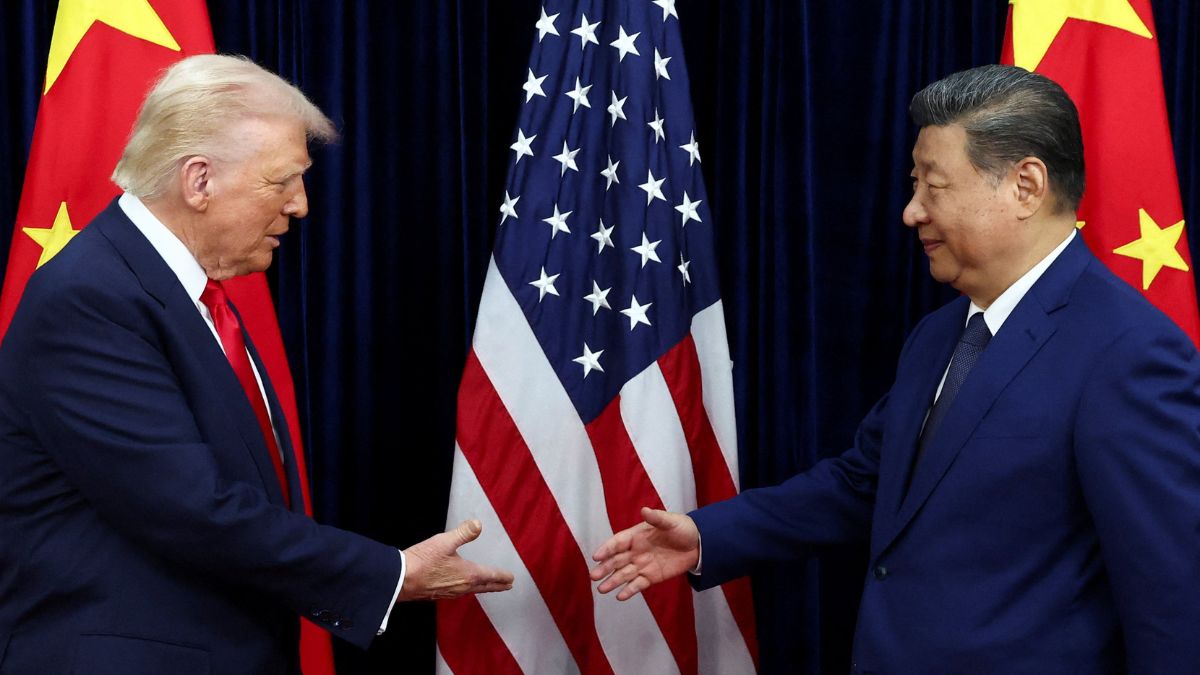)
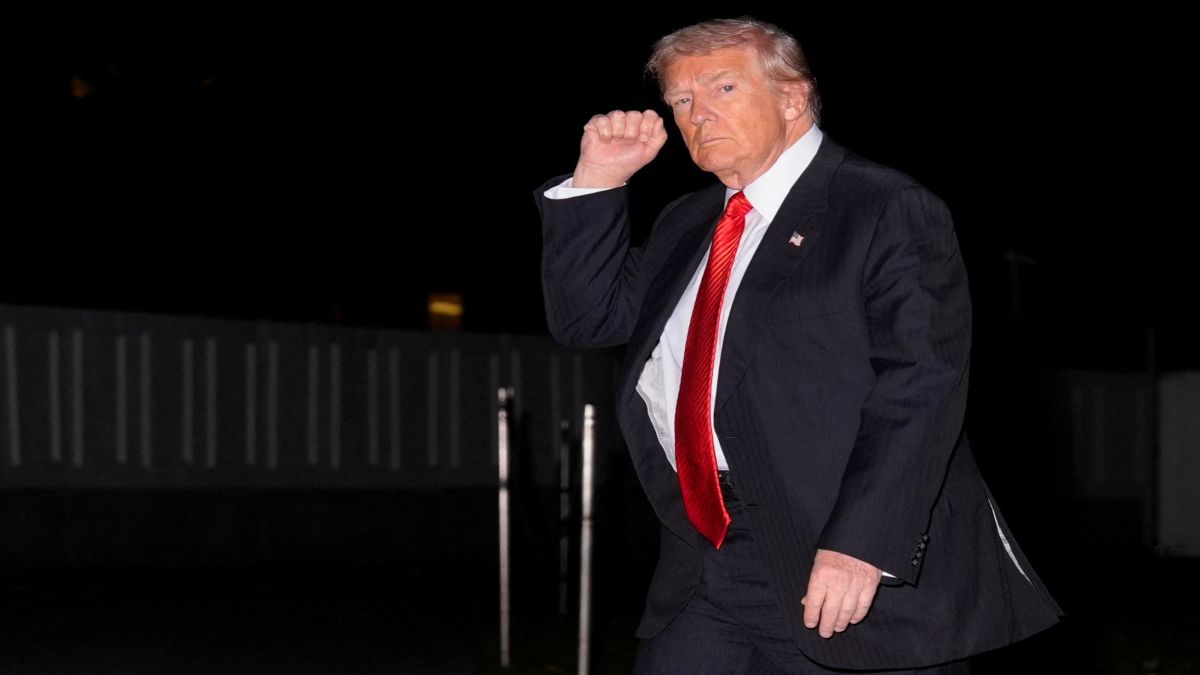)
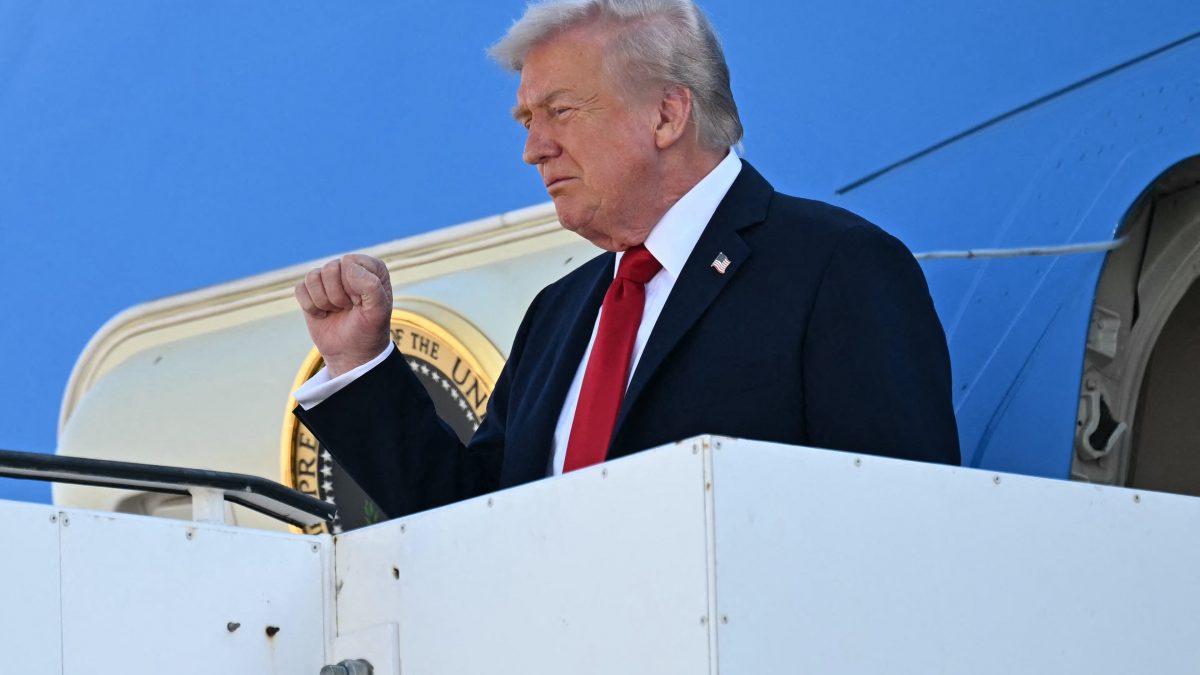)
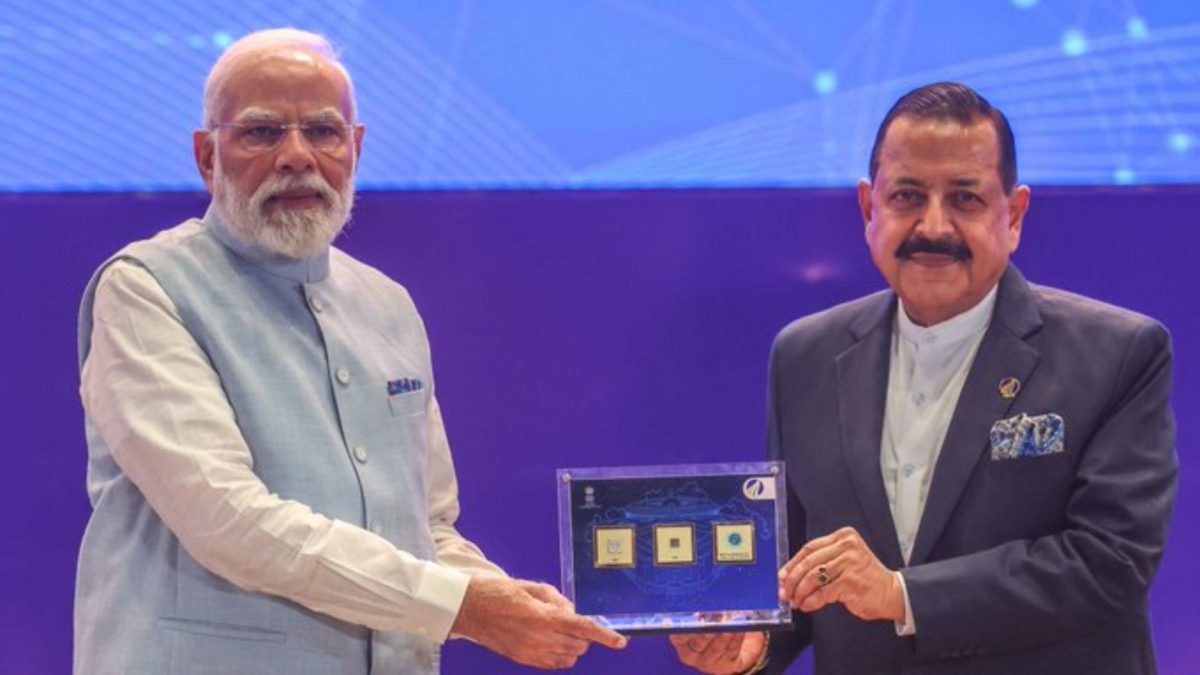)
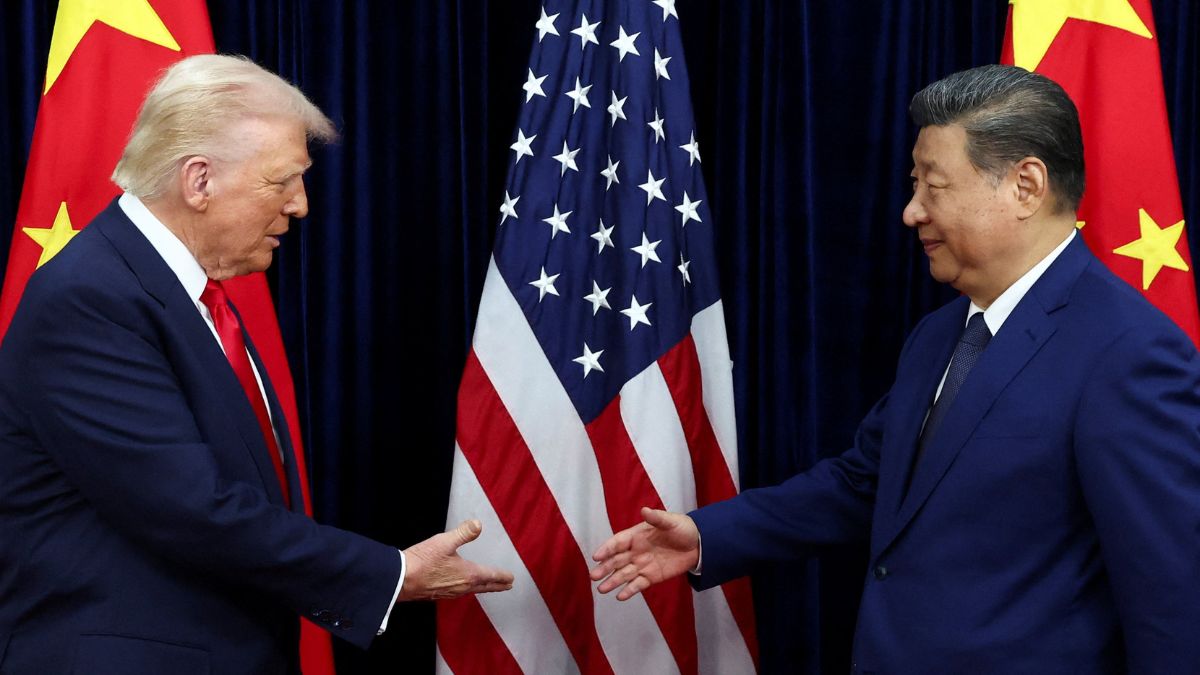)
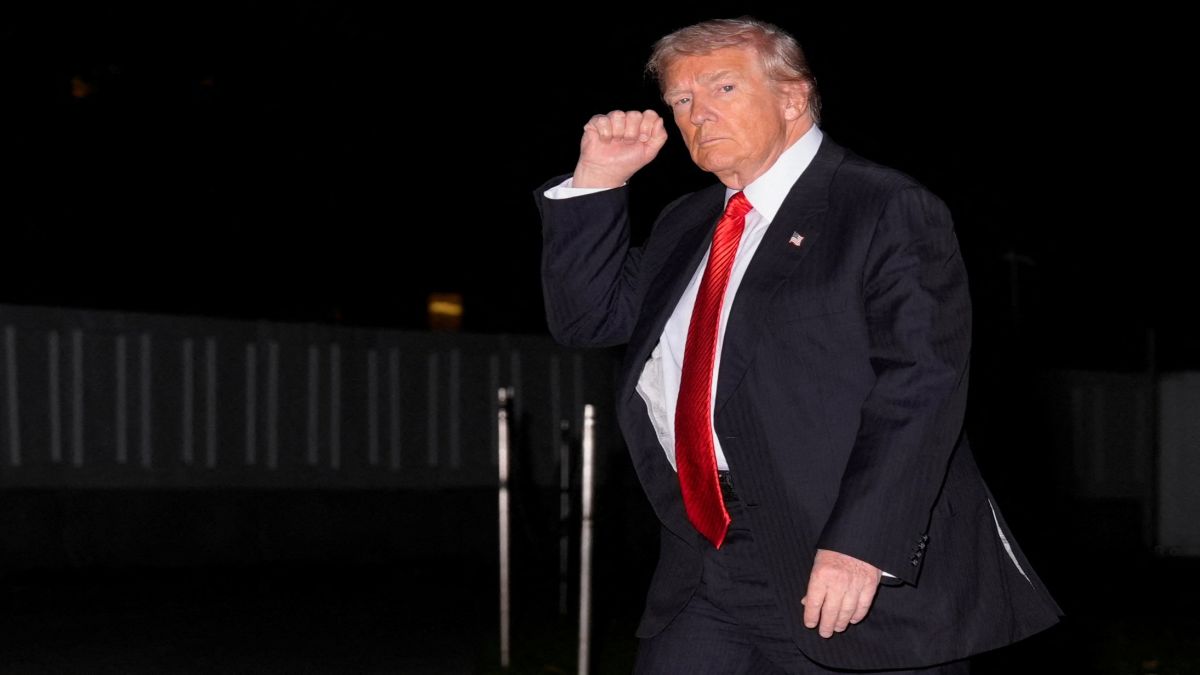)
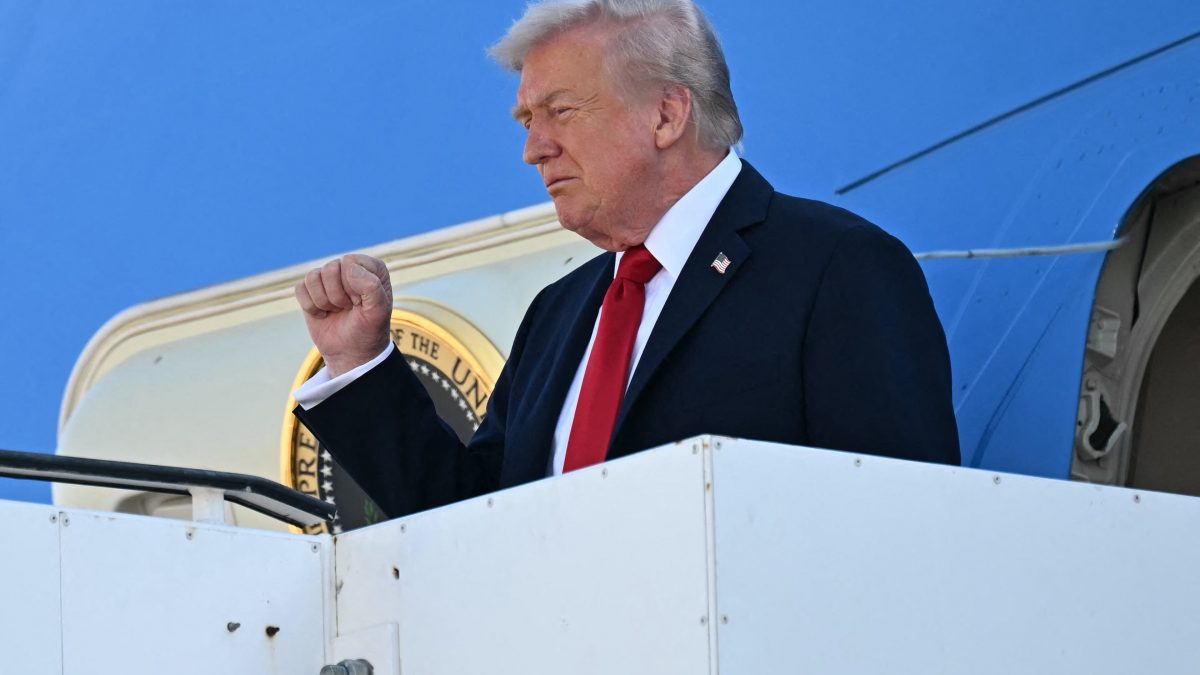)
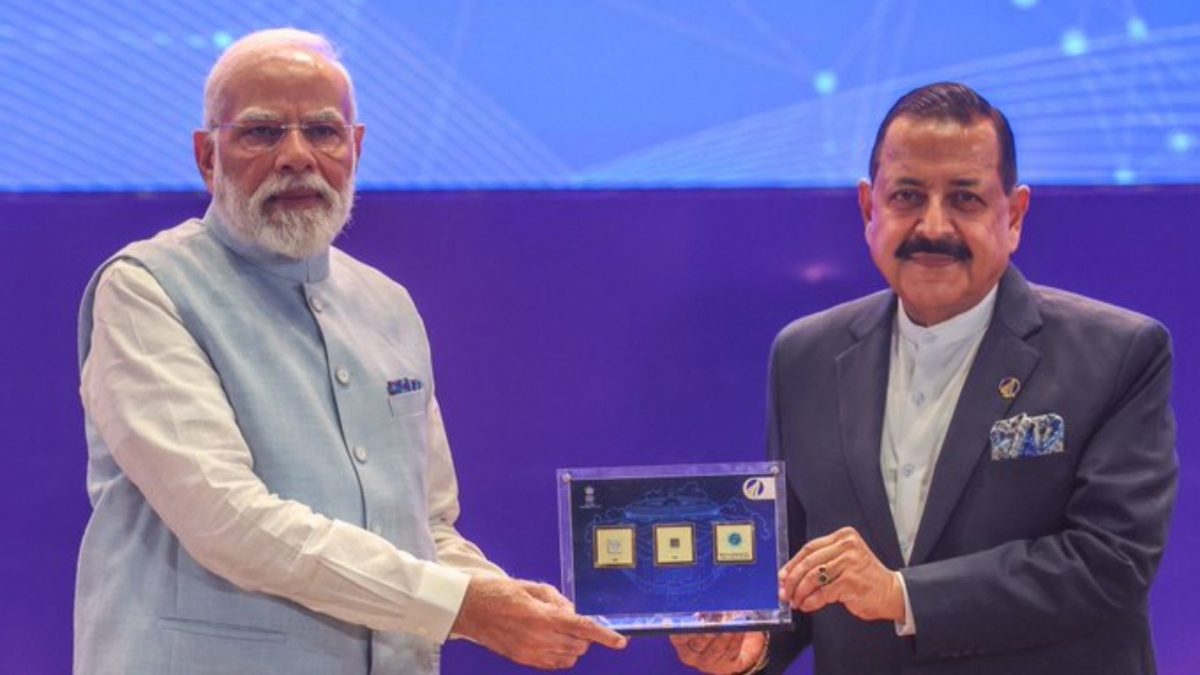)



